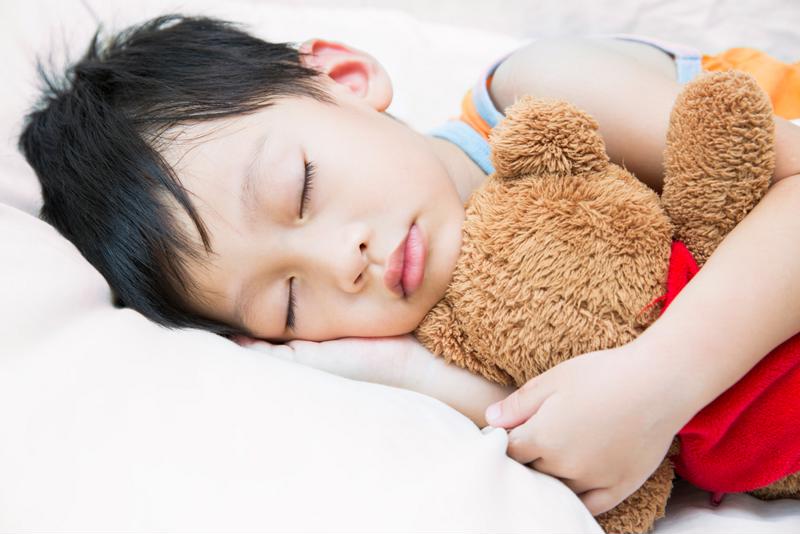When you’re a new parent, one of the awesome parts of seeing your little ones grow is watching them interact with other kids. While they may not create friendships right away as babies, when they age they’ll begin socializing and learning with one another. A way to encourage this is to host play dates with kids of different age groups. This does require some special planning, though, so read on to learn more:
Create activities
Because kids of different ages have varying levels of attention and intelligence, it’s important that you have activities on hand for them to do together. Make sure each child is capable of the game or project at his or her own level. A two-year old, for example, may squish clay in his or her hand while a four-year-old creates scenes and stories with it. The kids are still playing together but are able to function in their own capabilities without becoming frustrated at one another.
 Plan playdates around nap time so both kids are at their best.
Plan playdates around nap time so both kids are at their best.Work around nap time
Children have varied nap times based on age. Those under three may require both a morning and afternoon nap while older kids only need one or none. Make sure you talk to the child’s parents about this factor to plan around naptime. When little ones miss this crucial part of their day they are more likely to be cranky and have less fun during the playdate. Starting a hangout soon after a nap and a snack may be the best time to promote optimal socialization and bonding between kids.
Don’t invite a lot of kids
When there are more than two children in a playgroup things can get messy. Instead, stick to just one younger and one older child. This prevents anyone from feeling left out and allows each child to interact without becoming overwhelmed. As your kid grows, he or she will become more capable of interacting in larger groups, like a school classroom, and may flourish in play situations with more than one friend.
Limit siblings
Having a playdate will likely attract other siblings who want to hang out too. However, this may bring too many kids of different ages into the equation. Instead, take the playdate duo to somewhere they can play one-on-one without interruptions or potentially jealous siblings. While brothers and sisters provide valuable learning opportunities at the home, it’s nice for little ones to make their own friends too.
Encourage a break
Young kids often require time to themselves every hour or so to limit the potential for becoming frustrated or cranky. Keep an eye on the playdate and create a break time if necessary. Separate the kids to their own areas with toys or snacks and let them be solo for a bit before they reunite. This can also be a useful time out tactic in the event the playdate gets rowdy and you want each party to take a step  back. This way everyone will calm down and focus on their own activity for a bit so they’re even keeled and ready to play again.
